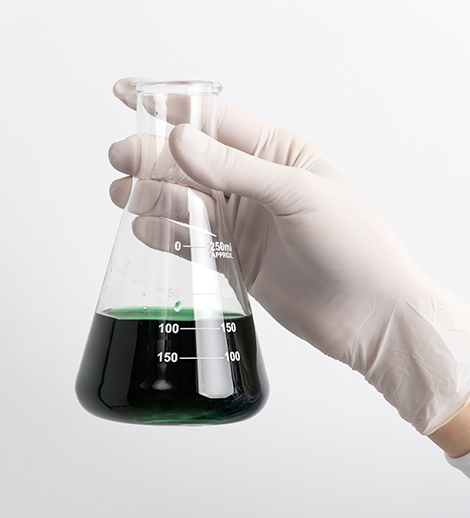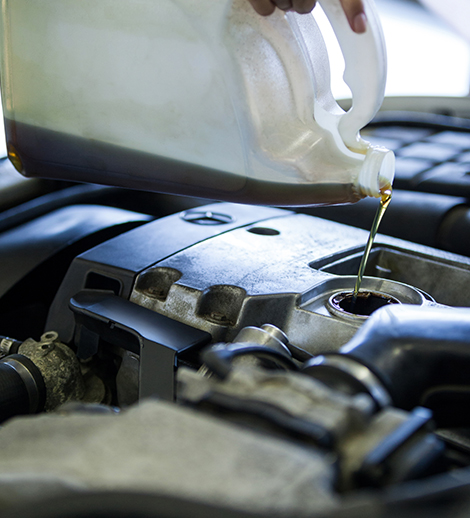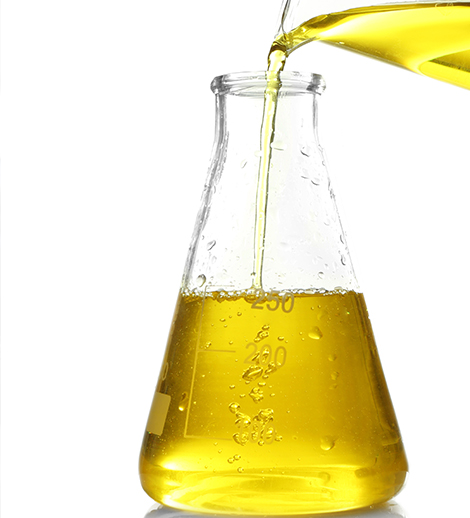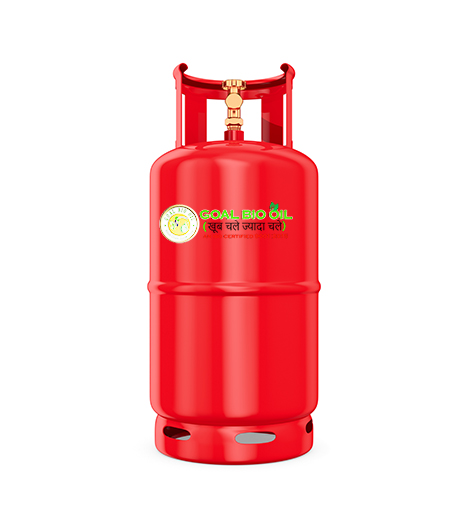
12+ Years Experienced
Welcome To Goal Bio Oil
"GOAL Gas Private Limited” & “GOAL Bio Oil Private Ltd” was incorporated as per Indian company’s act with an objective to cater the opportunities in the “Renewable Energy Sectors”, with highest level of environmental and social governance (ESG). The company has strong portfolio of highly prospective projects.
It’s an ISO 14001-2015 certified Bio Automotive Fuel Processing Company, with a specialized offering of ultra-premium quality and low emission fuel.
Industries We Serve
Bio Diesel
- Biodiesel is a renewable,
- Biodiesel is a liquid fuel often referred to as B100,
Goal Bio Oil is always making sustainable fuel arrangements and environmentally friendly power vitality advancements to make a more joyful, clearer, more brilliant India.

Lubricants
- Goal Bio Lubricants offers industrial lubricants
- Specialty lubrication solutions based on various product
Goal Bio oil Lubricants is Goal Bio Oil brand for manufacturing and marketing various lubricants and specialty products.

Bio Petrol
- Bio petrol is often mixed with diesel fuel.
- Biofuels are renewable energy sources
Bio petrol, also known as bioethanol, is a renewable fuel made from agricultural products like corn, sugarcane, and sweet sorghum. It's produced through fermentation, mainly from carbohydrates found in sugar and starch crops.

LPG Cylinder
- Fully refundable deposit
- Low gas price
- Minimal connection charges
Instant gas connection, quick refill and prompt service are what Goal Bio fuel Gas offers. And it’s easy! Just pick up the phone and call now!

20% Ethanol Mixed Petrol
- Petrol is a product of fractional distillation of crude oil,
- The standardised octane number for petrol in India is 91.
Blending ethanol with fuel raises the octane number of petrol. Petrol prices can be lowered if OMCs pass on the gains.

Branches
Branches Across India
Projects
Projects with 100% Satisfaction
Engineers
Top Engineers around India
Supply Operations & Distribution (SOD)

Sustainability
We are committed to reducing our carbon footprint and promoting sustainable practices throughout our operations.

Quality Assurance
We adhere to the highest industry standards to ensure the production of biodiesel that meets and exceeds customer expectations.

Deliver On Time and On Budget
We envision a future where clean and sustainable energy plays a pivotal role in meeting the world's growing energy demands.
More Details- deliver on time & on budget
- A dedicated service
Renewable Resource
Biodiesel is produced from renewable resources, such as vegetable oils, animal fats, or recycled cooking oils. Unlike finite fossil fuels
Reduced Greenhouse Gas Emissions
Biodiesel has a lower carbon footprint compared to traditional diesel fuel.
Energy Independence
Biodiesel reduces dependency on imported fossil fuels, promoting energy independence for countries.
Waste Utilization
Biodiesel production often involves the use of waste materials, such as used cooking oil or animal fats,
- deliver on time & on budget
- A dedicated service
Manufacturing Processes
Feedstock Preparation
The first step involves obtaining feedstocks rich in triglycerides. Common feedstocks include vegetable oils (soybean, canola, palm, etc.), animal fats, and recycled cooking oils.
Transesterification
In this chemical reaction, triglycerides (three fatty acid chains attached to a glycerol molecule) react with an alcohol (methanol or ethanol) in the presence of a catalyst (usually sodium hydroxide or potassium hydroxide).
Separation and Washing
The mixture resulting from transesterification contains biodiesel, glycerol, and residual catalyst. After the reaction, these components need to be separated.
Drying
After washing, the biodiesel is dried to remove any remaining water. Water in biodiesel can cause stability issues and lead to engine problems, so thorough drying is essential.
Quality Control
Quality control measures are implemented to ensure the biodiesel meets industry standards and specifications.



